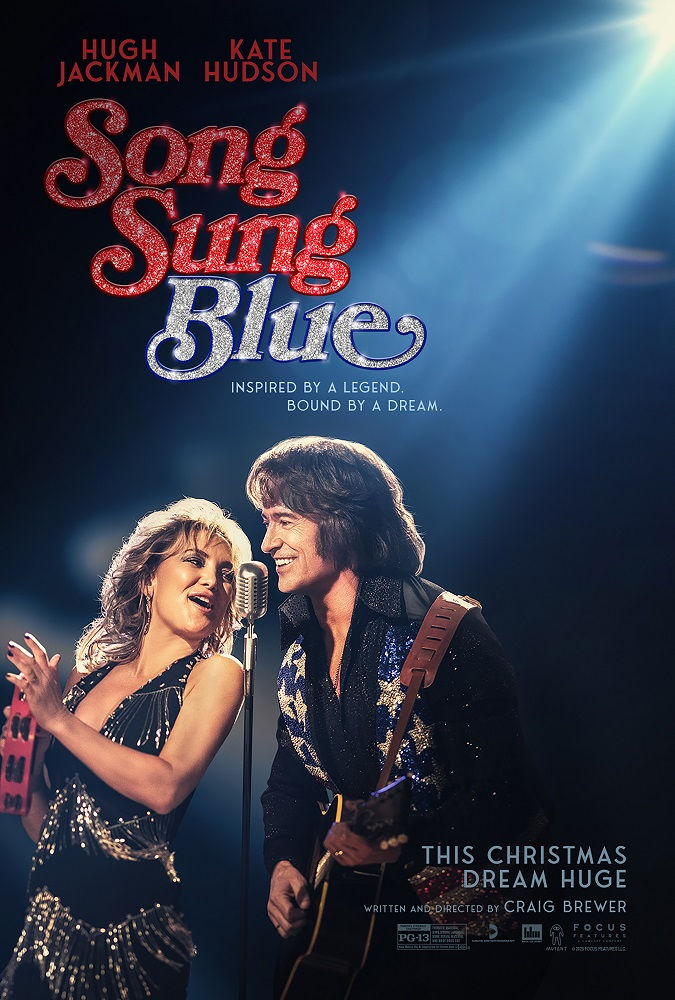Mona Lisa Smile (A PopEntertainment.com Movie Review)
- PopEntertainment

- Dec 27, 2003
- 4 min read
Updated: Jun 16, 2025

MONA LISA SMILE (2003)
Starring Julia Roberts, Kirsten Dunst, Julia Stiles, Maggie Gyllenhaal, Ginnifer Goodwin, Domenic West, Juliet Stevenson, John Slattery, Marcia Gay Harden, Topher Grace, Laura Allen, Marian Seldes, Terence Rigby, Donna Mitchell, Tori Amos and Jordan Bridges.
Screenplay by Lawrence Konner and Mark Rosenthal.
Directed by Mike Newell.
Distributed by Columbia Pictures. Rated PG-13. 119 minutes.
There is nothing in the world more annoying than a film that claims to be a high-quality, important drama, but is instead a threadbare, predictable and horribly safe paint-by-numbers bore. Mona Lisa Smile is so blatantly, shamelessly and hungrily trying to be an Oscar contender that it looks like they didn’t bother to take into account that it simply isn’t a very good movie. Then again, neither was Erin Brockovich, and somehow Julia Roberts tricked the Academy into believing that her one-note performance was worthy of the Best Actress Oscar. I don’t think she’ll have the same luck with this one.
Much like Robin Williams’ Patch Adams, the movie wants to seem revolutionary, but it is actually making an extremely safe argument about something that most everyone in the world is already in line with. Certainly the 1950s were repressed and offered very little opportunity for women beyond marriage and childbirth. This isn’t exactly stop-the-presses material here. It also really isn’t an argument that needs to be made. Of course, women are capable of bigger things than raising a family. However, bringing this 2003 sensibility back to the 1953 world being portrayed is stacking the deck.
Julia Roberts plays Katherine Watson, a free-spirited bohemian who had taught Art History at Berkeley and now has been offered a position at Wellesley College. She is disappointed to find that Wellesley is, in her mind, not so much an institute of higher learning as a finishing school to prep women for being wives and mothers. Now, I tend to think she wouldn’t be quite that surprised having grown up in the 50s and knowing what is going on in the world. I also tend to believe that Wellesley probably wasn’t quite as backward even back then as the film wants us to believe.
Katherine introduces her students to art and music and Jackson Pollock and the idea of a woman having a career beyond place setting. In the meantime, all the other faculty members cluck about this radical woman and her crazy ideas. She even has time to work her charm on a hunky professor (Domenic West of The Wire), but because of her beliefs he realizes they will likely not have a long-term relationship.
Surprisingly, the weakest link in this film is the star, simply because she is JULIA ROBERTS. Anytime we start for even a moment to look at Katherine as a character, she smiles her Pretty Woman smile or makes an Erin Brockovich quip (many of which are totally inappropriate to the era), and you are removed from the world the movie is striving to create. Suddenly we’re remembering that she isn’t a visiting professor at all, we are watching a movie star who somehow has forgotten how to disappear into a character. Instead, she lets her own personality guide who exactly Katherine is. Let’s face it, Julia Roberts is charming and down to earth and funny, but in the world of this movie she really does stick out like a sore thumb.
The funny thing is, for a woman who preaches to her students throughout the whole long film that they should forget what society says and go for their dreams, Katherine seems rather intolerant of any student who does not agree with her idea of what they as women should accomplish. She berates students for selling themselves short if they are pleased with their lifestyles; but who is she to determine what will make someone else happy? Some women (back then, many women) were content with the plans they knew were expected of them. In this film, though, Kirsten Dunst has to be portrayed as a horrible monster because she is comfortable and satisfied in her place and time. That hardly seems fair.
It is a shame, because there is the germ of a good film here. Many of the actresses playing students are very good -- particularly Julia Styles as an aspiring lawyer and Maggie Gyllenhaal as a party girl. Topher Grace (That 70s Show) is also effortlessly believable as Stiles' fiancé, a guy who is perplexed by the changing times and her changing values. Marcia Gay Harden also has some good moments as an etiquette teacher who appears repressed… at least on the surface.
But you don’t feel any of the student-teacher connection and the sense of the pure joy of learning which was earned in similar (but better) films like Goodbye Mr. Chips, To Sir With Love, or even The Dead Poets Society. Mona Lisa Smile is too busy pushing its own agenda (and, again, it is an agenda that very few people have disagreed with in about four decades) to make the characters anything more than socio-political symbols. That may work on a freshman thesis, but it isn’t going to fly in a major motion picture. (12/03)
Dave Strohler
Copyright © 2003 PopEntertainment.com All rights reserved. Posted: December 27, 2003.











Comments